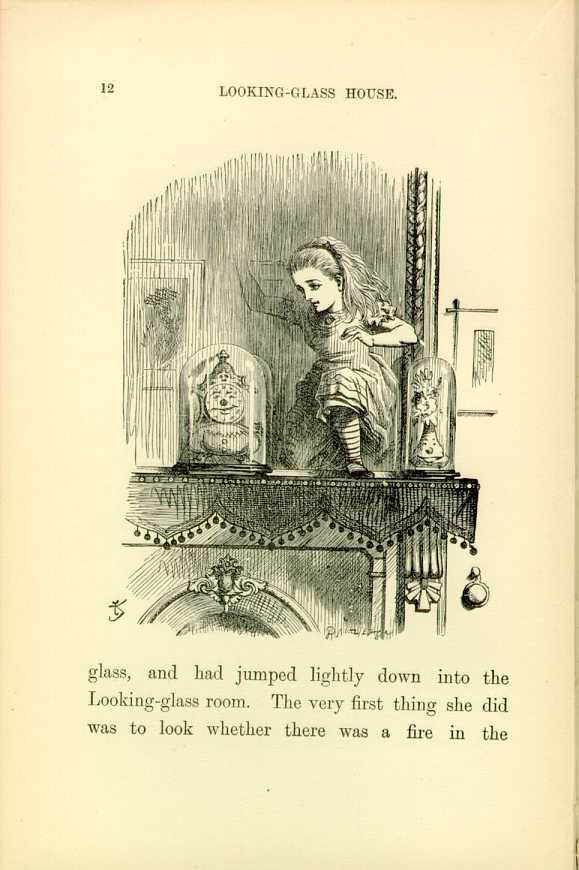Els personatges blavosos que veieu a la portada parlen d'una manera difícil de llegir. L'autor es basa en l'escocès per transcriure els seus diàlegs. Al principi costa una mica entendre el que diuen, però un s'acaba acostumant.
exemple A:
'And you won't get lost or, or drunk or anything?'
Rob Anybody looked offended. 'We ne'er get lost!' he said. 'We always ken where we are! It's just sometimes mebbe we aren't sure where everything else is, but it's no' our fault if everything else gets lost! The Nac Mac Feefle are never lost!'
exemple B:
'Crivens! Where are we noo? said Daft Wullie.
'Aye, and why're we all lookin' like yellow mushrooms? Rob Anybody added.
Ara a començar-ne un altre.

Títol:The Wee Free Men
Autor:Terry Pratchett
Editorial:Doubleday
The Wee Free Men, first published in 2003, is the second Story of The Discworld book for younger readers. Although primarily written for children, this book enjoys a large adult readership. For a period before its release it was known as For Fear Of Little Men. A sequel, A Hat Full of Sky, appeared in 2004, and a third book, Wintersmith appeared in 2006.
While Terry Pratchett's first Discworld book for children, The Amazing Maurice and his Educated Rodents had swearing translated to rat language, in this book it is in the dialect of the Nac Mac Feegle which is taken from Scots and Scottish Gaelic.
The novel contains a scene inspired by the painting called "The Fairy Feller's Master-Stroke", by Richard Dadd.
An illustrated edition of the novel, with pictures by Stephen Player, appeared in print on 2 October 2008.
http://en.wikipedia.org/wiki/The_Wee_Free_Men
Terry Pratchett [en]
Terry Pratchett [es]
Terry Pratchett [cat]
The Wee Free Men [en]
The Wee Free Men [es]
Crivens!




































